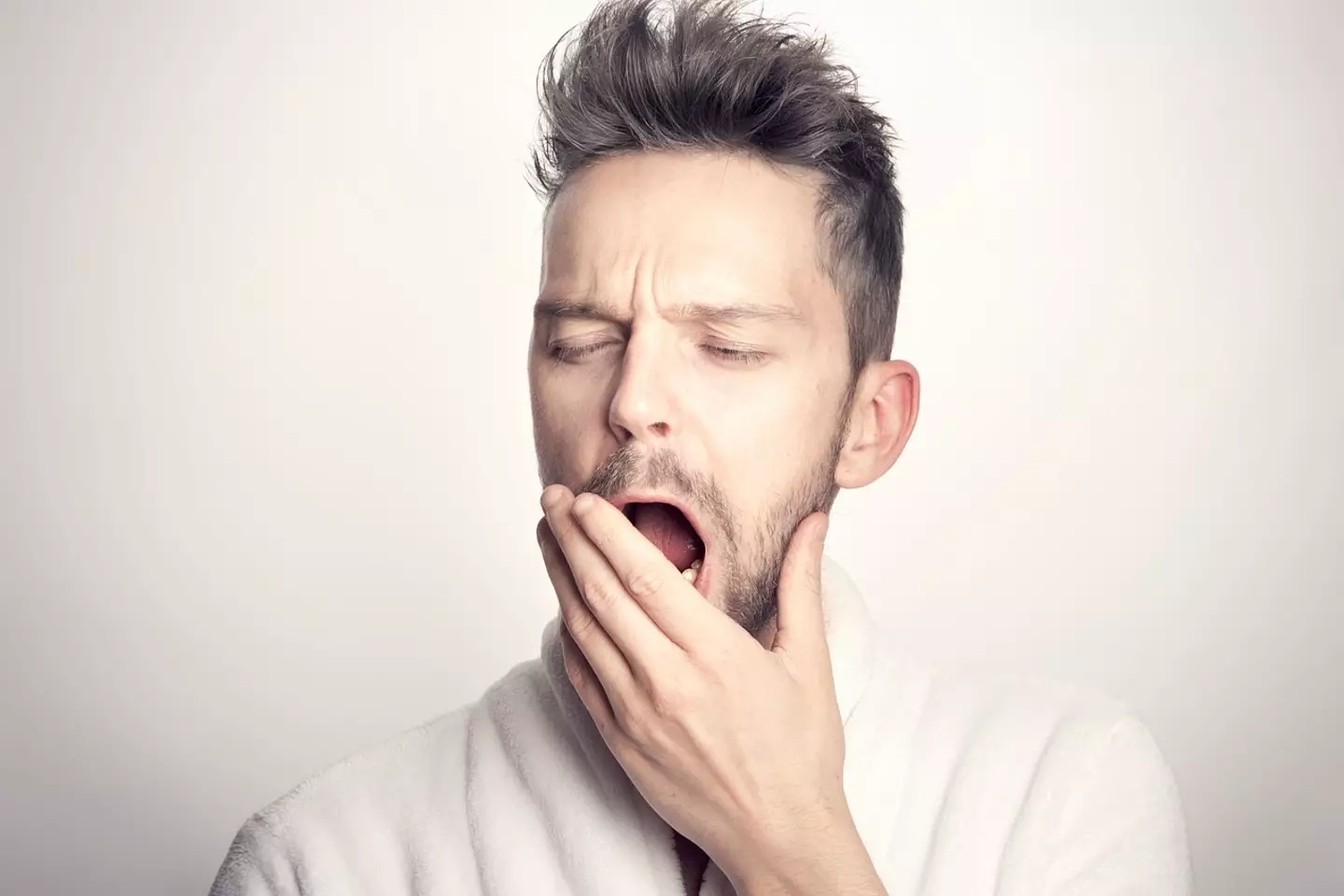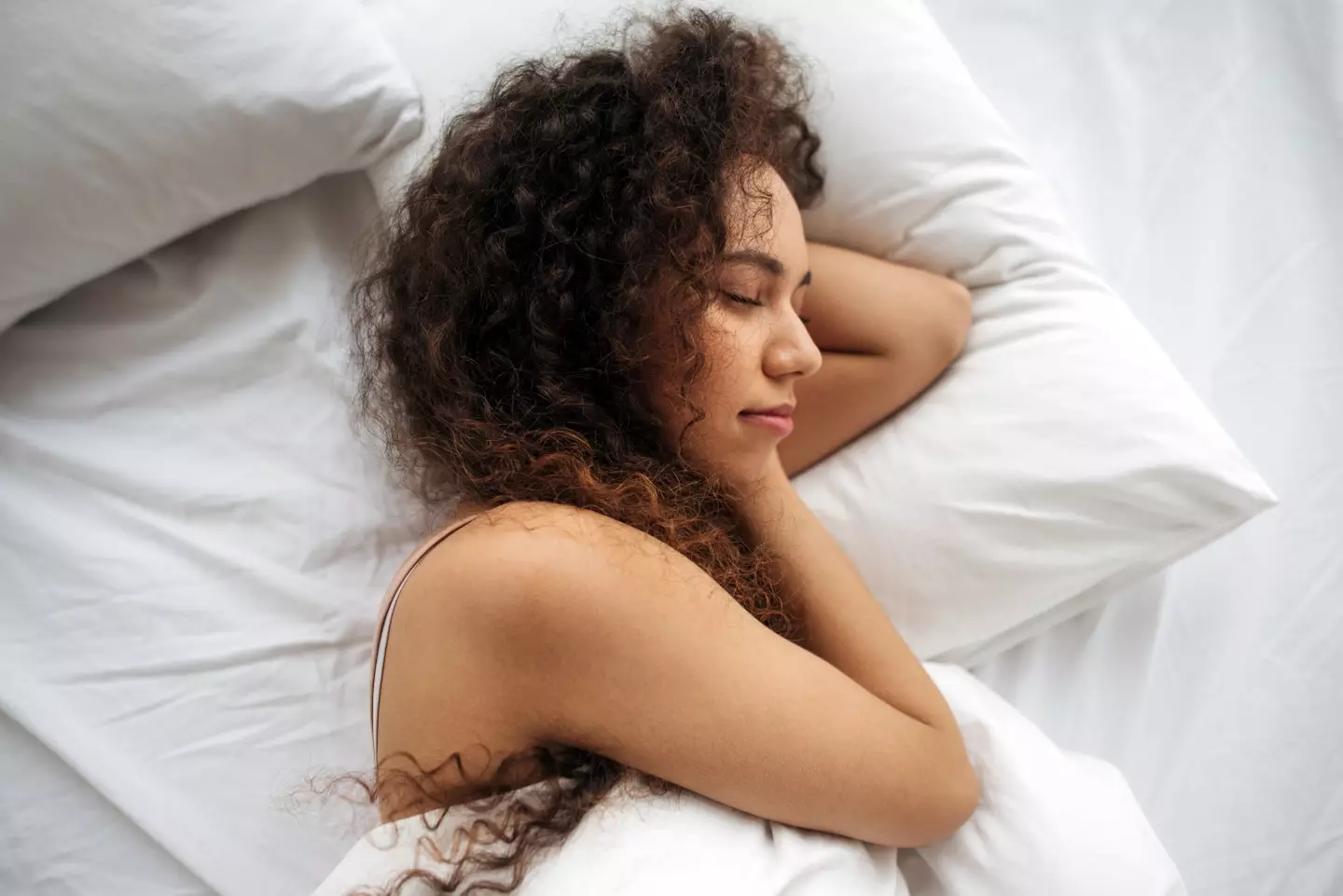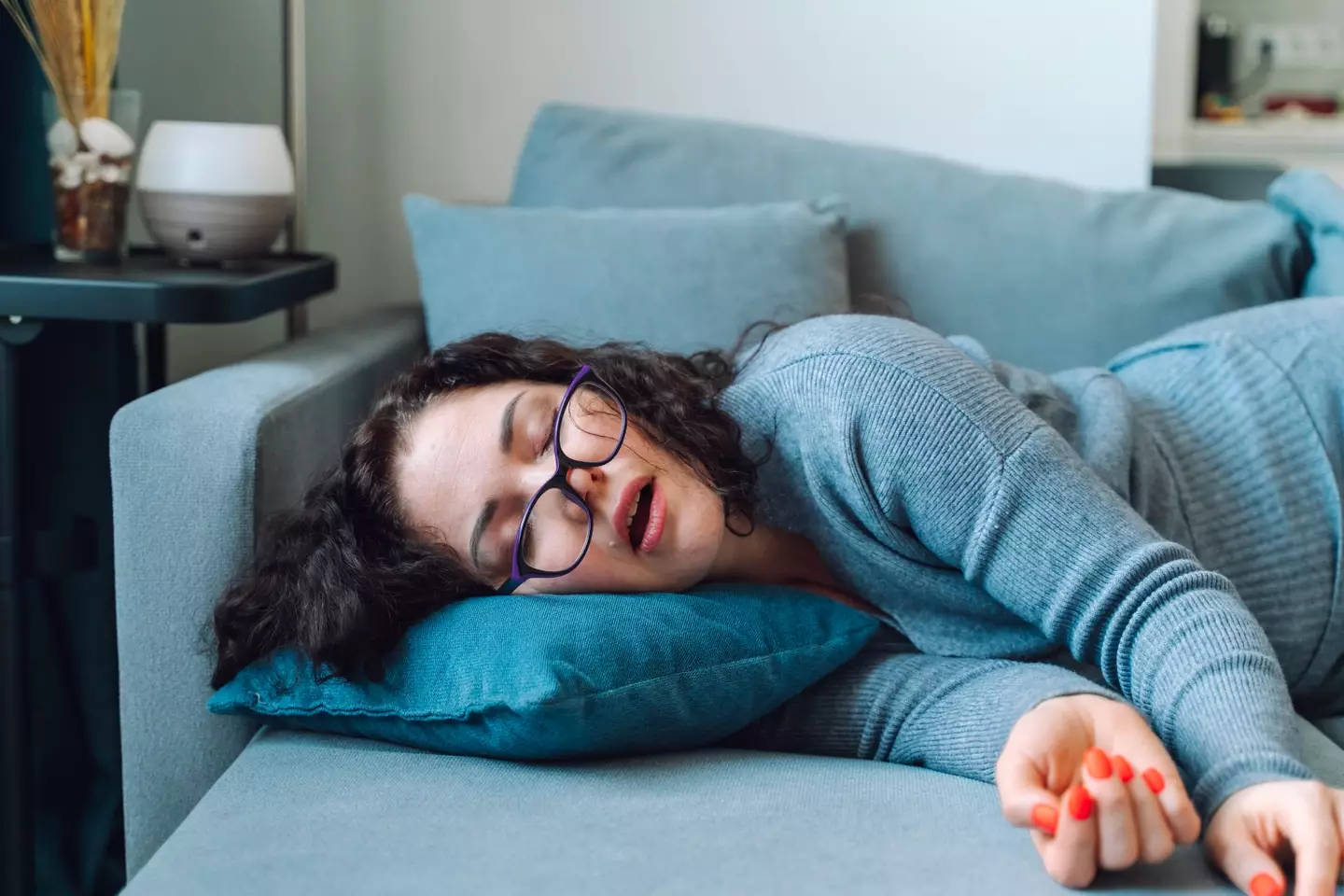
A new US study has found that millions of people could suffer from a sleep disorder which drains you of your energy and makes it tough to wake up.
A lot of people struggle to get out of bed in the morning, but the new research in the medical journal of the American Academy of Neurology has found that some of you might just have a medical reason for it.
Named idiopathic hypersomnia, the sleep disorder is different from narcolepsy, where people do not sleep for long amounts of time and can be sleepy during the day.
Advert
The disorder was initially thought to be rare, but that belief started to change after the study in which researchers examined sleep data for 792 people with an average age of 59.
Participants took part in both an overnight sleep study and a daytime nap study - where do I sign up? - which measured how fast they fell asleep over a course of four or five naps.
As well as studying their sleep, researchers also surveyed participants about their daytime sleepiness, fatigue, the amount of time they spent napping, and how many hours of sleep they get on a work night and a non-work night.

Following the study, they determined 12 of those involved had probable cases of idiopathic hypersomnia, equating to a prevalence of 1.5 percent.
Study author David T. Plante explained that it has previously been difficult to determine how prevalent the condition is due to the cost and time needed for sleep testing.
He continued: “We examined data from a large sleep study and found that this condition is much more common than previous estimates, and as prevalent as some other common neurologic and psychiatric conditions such as epilepsy, bipolar disorder and schizophrenia.”
So, how might you be able to tell if you suffer from the disorder?

Well, symptoms include being sleepy in the day despite sleeping for excessive amounts of time, struggling to wake up, and waking up disorientated.
All of these symptoms make it difficult to carry out day-to-day activities, resulting in a decrease to quality of life.
In the study, those with idiopathic hypersomnia stated they were, on average, more likely to nod off while sitting, talking and stopped in a car.
People with the condition were also found to fall asleep more quickly, taking an average of four minutes at night in comparison to 13 minutes for those without the condition.
A silver lining of the study was that researchers found excessive daytime sleepiness went away over time for a large amount of those with the condition, providing hope for anyone with the disorder.

However, there is still more research to be done.
Plante explained: "Our results demonstrate that idiopathic hypersomnia is relatively common, more prevalent than generally assumed, so there is likely a sizable difference between the number of people with this disorder and those who seek treatment.
"Further efforts to identify, diagnose and treat those impaired by idiopathic hypersomnia are needed. Additional research may also clarify the causes of idiopathic hypersomnia and lead to new treatments.”
The researchers noted that those involved in the study were employed, meaning prevalence may differ among those who are unemployed.